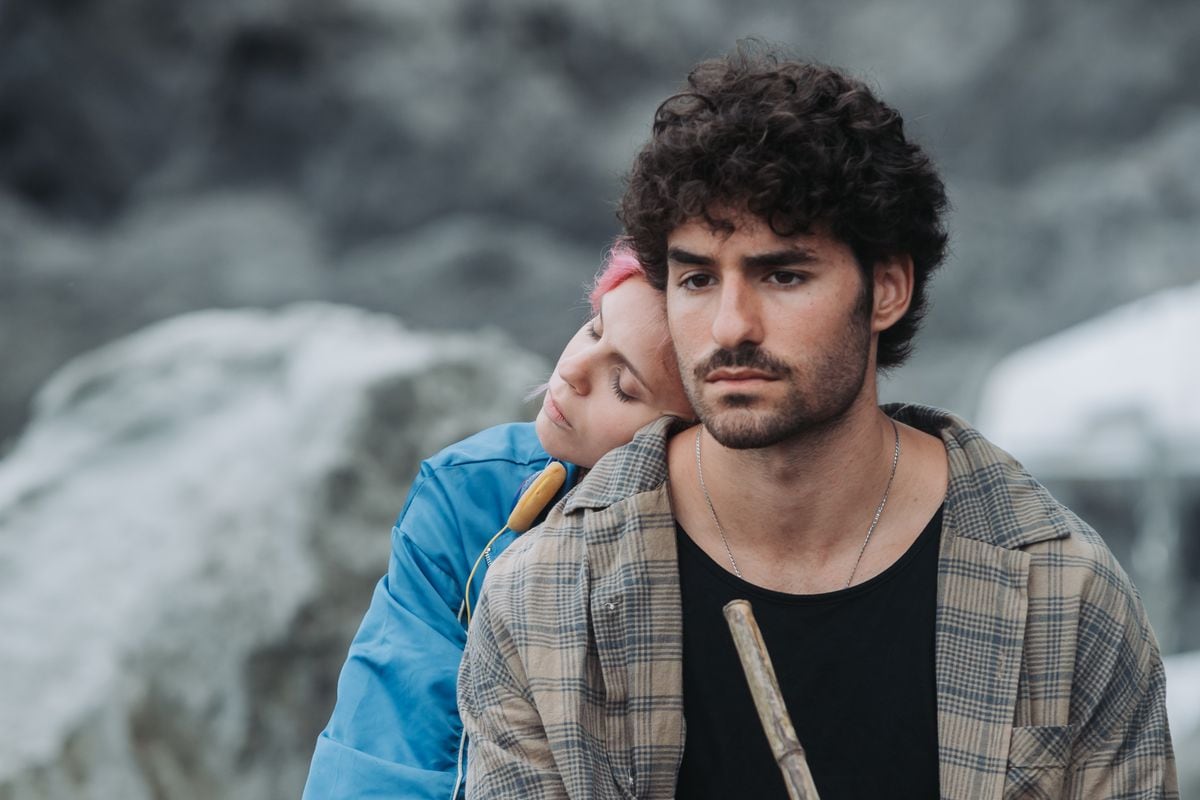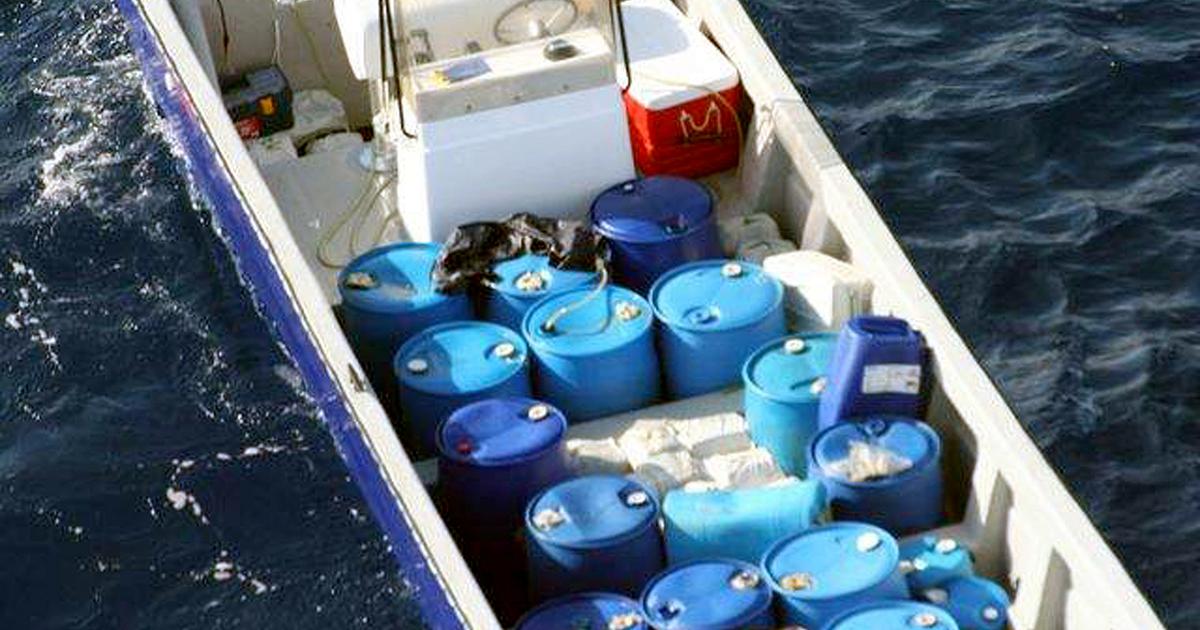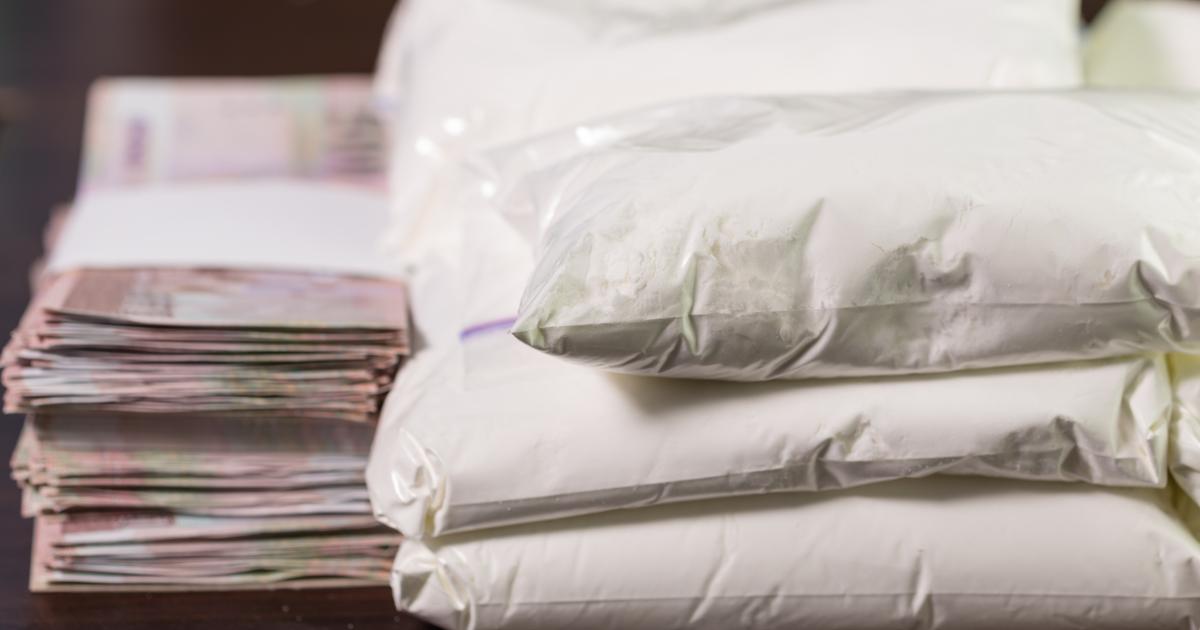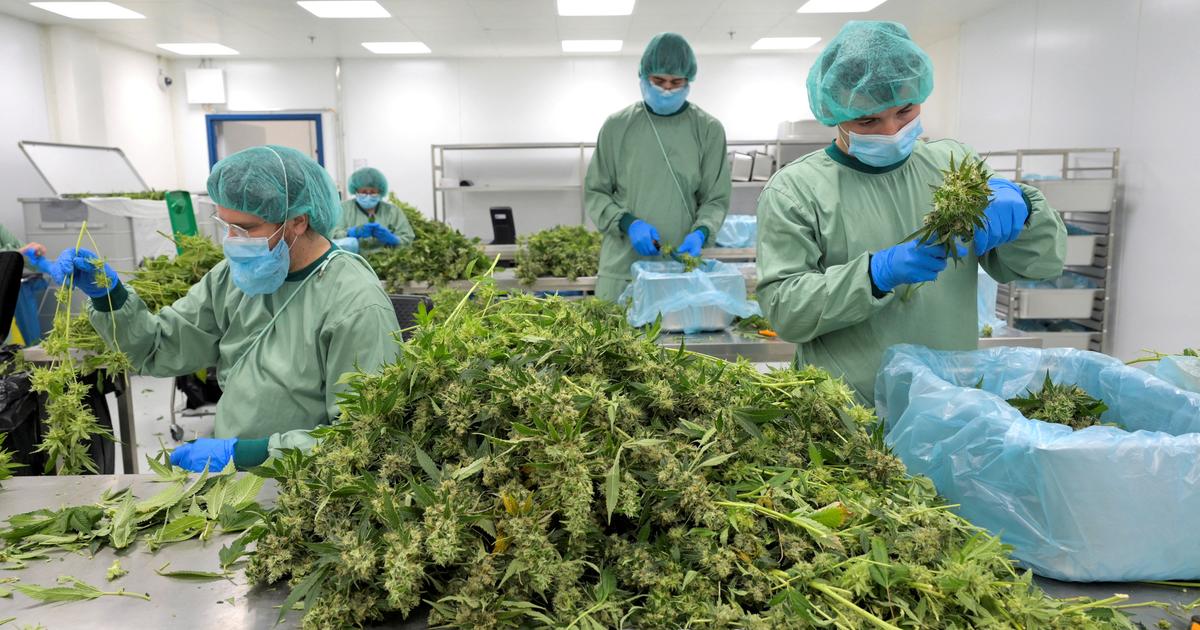On 6 June 2001, the sea dumped half a ton of cocaine on a fishing community in the Azores. It arrived wrapped in dozens of small packages that allowed the stash to be socialized among the neighbors of Rabo de Peixe instead of being disembarked somewhere in the Balearic Islands. The ocean, for better and for worse, has always ruled life in the Azores, a stranded territory in the middle of the Atlantic that tourists consider a paradise and residents, a trap. This time was no different either.
Rabo de Peixe is the main fishing port of the Portuguese archipelago, but also one of the most impoverished nuclei of the European Union, with a long list of difficulties that include school dropout, alcoholism or unemployment. Cocaine, until that day, was not among them. But the tide of June 6, 2001 completely disrupted the lives of the neighbors, who threw themselves on the merchandise without distinction of age or sex. It was said, true or not, that some women had babbled fish in cocaine, that plastic cups full of drugs were sold for 20 euros and that someone somewhere had fed coca to pigs. The legend was fed and the truth of the overdose deaths was hidden because the Portuguese authorities did not want the stigma of drug trafficking to fall on the Azores, which at the beginning of the twenty-first century was trying to establish itself as a tourist destination.
Augusto Fraga, who was born in another fishing village 20 minutes from Rabo de Peixe, remembers that summer of 2001 revolved around the surreal stories of stray cocaine. He couldn't know what would inspire his leap from advertising to filmmaking. "It is very interesting the contrast between a substance that symbolizes the corruption of soul and body with a pure, true and very innocent population. It was a good start to a story. I grew up with children like the characters in the series and never saw a population destroyed or not very literate. We were super free, we did what we wanted. I have always seen Rabo de Peixe like this. The story had to be told by someone who knew the subtexts of Rabo de Peixe," he explains in a video interview.
The actors Rodrigo Tomás (Rafael), Helena Caldeira (Silvia) and José Condessa (Eduardo) in an episode of the series 'Rabo de Peixe'. PAULOGOULART/NETFLIX (PAULOGOULART/NETFLIX)
So two decades later Fraga flew to the island of San Miguel to read the judicial process on the only one arrested for the cocaine shipment, the Italian Antonino Quinci, who had already sailed with similar loads the ocean between Venezuela and the Canary Islands. I found an inconsistency between the ship's carrying capacity and the amount of drug found. From that premise I wondered what happened to the rest of the drug and that's where fiction arose. It did not seem logical that they were going to cross the Atlantic with the ship almost empty, "contrasts the director. The half-ton was only a small portion of the cargo the Mario could have carried.
His proposal to make a series from that fact won the Netflix contest to select his second Portuguese project after Gloria. " I decided to make a story that I wanted to see. Honestly, I had no hope of winning." The result is a fictional thriller, written by several hands, which takes place in seven episodes around four friends who, despite their youth, feel defeated by a place where nothing ever happens.
Prejudices overcome
The Portuguese actor José Condessa, who also participates in the medium-length film Strange Way of Life, the tribute to the western that Pedro Almodóvar has just premiered at the Cannes Film Festival, is the protagonist. As soon as he was selected, Condessa took a flight and dropped by Rabo de Peixe. Like so many peninsular Portuguese, he had never set foot in the Azores, 1,500 kilometers from Lisbon. He made the outward journey with prejudices that no longer returned with him on the return trip. "There is a very big stigma because of us, in the continent only the worst things are reported. My impression changed completely after being with them," he says during the video call. To prepare his role, that of a straight and brilliant young man who is forced to abandon his studies to support the small family that he and his blind father form with fishing, Condessa went fishing with local sailors. He cracked his hands like them and shared his work for several days.
Eduardo's best friends are Rafael (Rodrigo Tomás), a frustrated footballer who could go far and did not arrive; Silvia (Helena Caldeira), who manages a video store called America, the dream of all Azoreans who want another world, and Carlos (André Leitão), a homosexual with musical talent who seeks love and only finds sex with married men. Their lives are completely transformed when cocaine enters them, although each one changes in a different way. "Eduardo's conflict is the struggle between what he considers ethical and right, everything he has done up to that point, and the moment when he believes that if God guides our destiny, it is also his will to send cocaine to have the right to change his life," reflects the actor, who shows the Rubik's Cube that entertains his character on screen.
The series starts with a furious Atlantic storm. Another one. It would not have greater relevance if it were not for its effects on a yacht that breaks down while sailing the ocean with cocaine to the flag. The drug traffickers decide to store the cargo in a marine grotto on the north coast of the island of San Miguel before reaching a port where the boat can be repaired. The narcos had their plans, but the ocean had others.
Cocaine became the number one difficulty in Rabo de Peixe from that white tide. Some became consumers and others traffickers. Even both at once. In the following weeks there were overdose deaths and dozens of poisonings, but no official data was ever provided. "Innocence led to surreal moments that we treat with disbelief, but what happened also led to the physical destruction of families, marked society because it was not a prepared society nor did it have social support to deal with it, it was an impoverished, innocent and open society," says Augusto Fraga.
Director Augusto Fraga, during the filming of the series 'Rabo de Peixe' in San Miguel, one of the islands of the Azores.PAULOGOULART/NETFLIX (PAULOGOULART/NETFLIX)
With this starting point, the series plays between the cartoonish gaze and the tender look towards characters devoured by the fatalism of geography. They live in paradise as poor and fantasize about a place in the false American dream, 1,900 nautical miles away. They have their own ethical lessons: they put friendship before loving passion. "It's not a superfluous relationship between friends who meet every night in a café in Lisbon. They were born and raised together, they have shared the fear of the sea, they have already worked and known the cold with 12 or 13 years. That depth and love of having met also in the worst moments, of not fulfilling their dreams, is very important in the series. They have dreams and are not allowed to dream," says Condessa.
The ocean marks destinations. The director recalls the real escape of drug trafficker Antonino Quinci from the prison of Ponta Delgada, capital of the Azores: "It was incredible, he escaped simply by jumping a wall." The escape merited a laconic comment from a guard.
"No one escapes from an island.
You can follow EL PAÍS TELEVISIÓN on Twitter or sign up here to receive our weekly newsletter.






/cloudfront-eu-central-1.images.arcpublishing.com/prisa/USUWDBG7JJHATL4LN5CDIOB4XE.jpg)





/cloudfront-eu-central-1.images.arcpublishing.com/prisa/KMEYMJKESBAZBE4MRBAM4TGHIQ.jpg)


